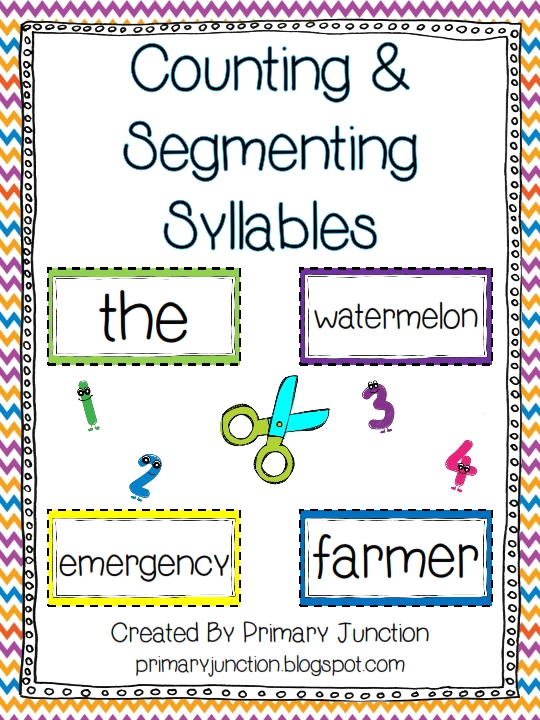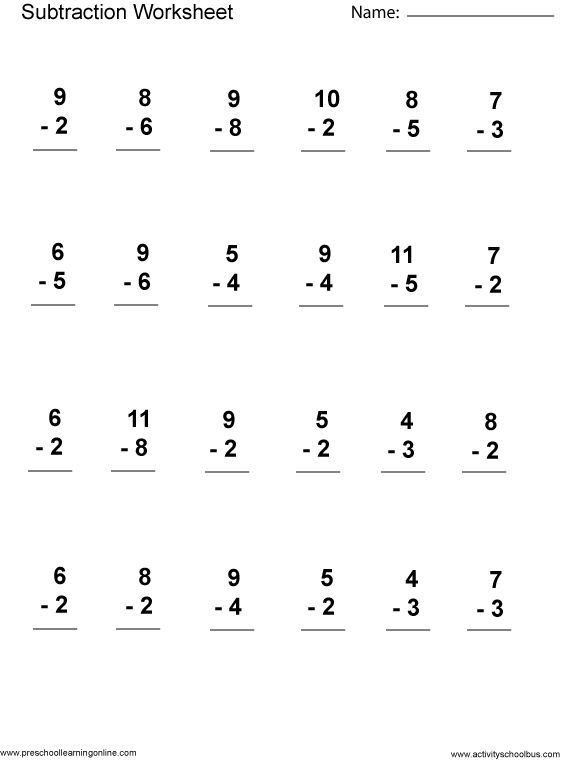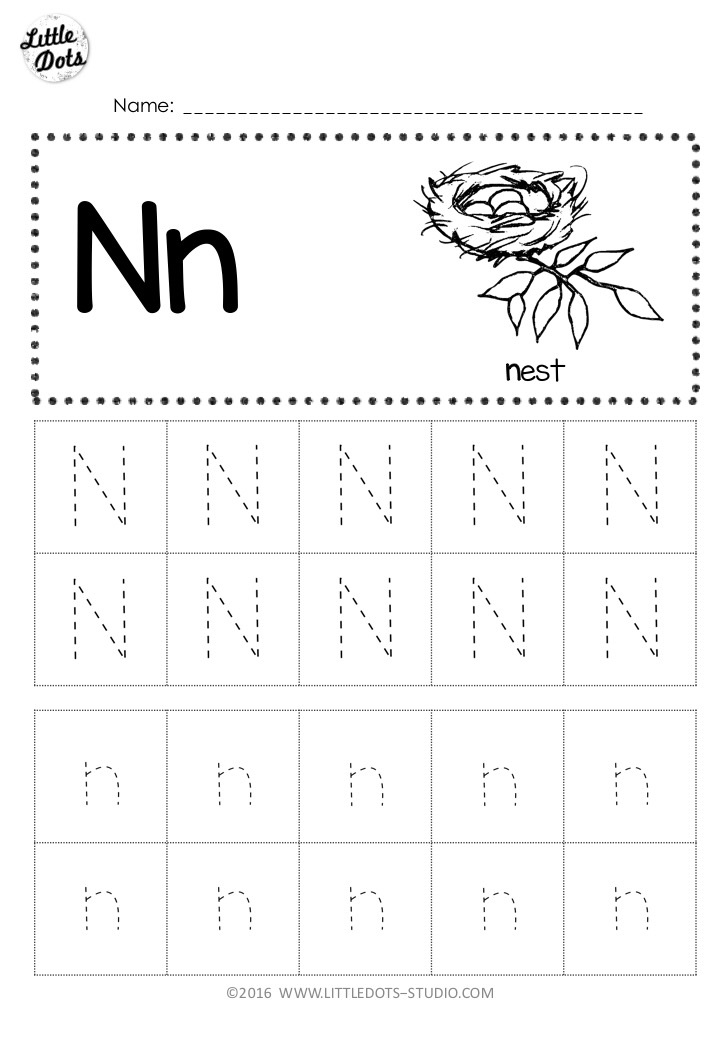Benefits of reading aloud to yourself
The Little-Known Truths About Reading Aloud
Reading aloud is something usually associated with children or unsophisticated readers, a remedial technique to be phased out as soon as people learn to read silently. But a growing body of research suggests that reading out loud may actually have significant cognitive benefits — even for experienced readers.
The recent study, conducted by researchers Colin Macleod and Noah Forrin at the University of Waterloo and published in the journal Memory, found that reading words aloud made them easier to remember compared to reading them silently.
However, this doesn’t mean you should replace your entire library with audiobooks just yet. The study used four different experimental conditions to isolate exactly which elements were responsible for improved memory retention. The subject group of 95 students were asked to either read silently, read aloud, listen to recordings of other people reading, or listen to a recording of themselves reading.
Memory retention was strongest when reading aloud directly, suggesting that the impact came not just from hearing the words, but also speaking them.
This is because verbally pronouncing a word creates a memorable experience — a phenomenon the researchers call the “production effect”. The active cognitive process of encoding the word into speech also helps to encode it into long-term memory. Additionally, when it came to words heard through recordings, students were better able to remember those recorded in their own voice than those pronounced by someone else. According to the authors, this suggests that hearing one’s own voice provides a distinct stimulus of self-recognition, which also helps make the content memorable.
These findings build on previous research demonstrating that the production effect’s memory boost relies on distinctiveness. In an earlier 2010 study by Macleod et al., this was shown to disappear when all the words in the study list were read aloud, as verbalization became a default experience rather than a distinct one. Rather, the production effect manifested when participants were given a mixed list, with some words read silently and some read aloud. Yet another study by Macleod in 2011 showed that the strength of the production effect was also reduced — though not eliminated — by having another person sit next to the participant and pronounce the words at the same time. Rather than adding another memorable element, the repetition by another undermined the distinctiveness of the participant’s own pronunciation, leading to worse memory recall.
Rather, the production effect manifested when participants were given a mixed list, with some words read silently and some read aloud. Yet another study by Macleod in 2011 showed that the strength of the production effect was also reduced — though not eliminated — by having another person sit next to the participant and pronounce the words at the same time. Rather than adding another memorable element, the repetition by another undermined the distinctiveness of the participant’s own pronunciation, leading to worse memory recall.
This result forms an interesting contrast with a 2015 study by Victor Boucher and Alexis Lafleur at the University of Montreal. With a test group of 44 French-speaking students, researchers used a similar range of methods, asking them to read the words solely in their head, read them while moving their lips, or to read them out loud to themselves. For the fourth experimental condition, however, students were asked to read the words aloud to another person in the room.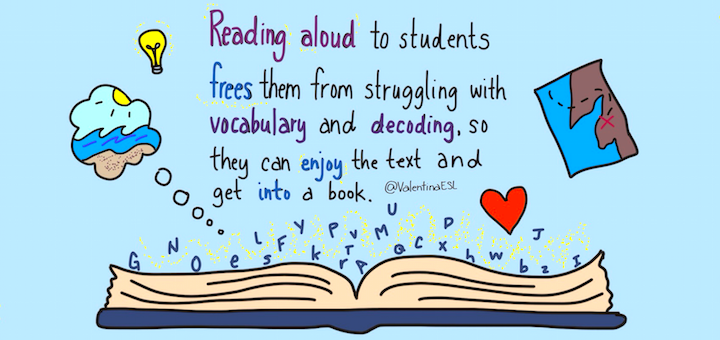 This proved to have the greatest impact on improving verbal recall. Unlike hearing another voice pronouncing the same words, the presence of a silent audience did not detract from the personal distinctiveness of the production effect but served to enhance it by placing the pronunciation into a specific context of interpersonal communication.
This proved to have the greatest impact on improving verbal recall. Unlike hearing another voice pronouncing the same words, the presence of a silent audience did not detract from the personal distinctiveness of the production effect but served to enhance it by placing the pronunciation into a specific context of interpersonal communication.
Although the studies tested different aspects of the production effect under different conditions, the results all supported the argument that distinctiveness improves memory. By engaging our motor system and self-recognition, speaking words aloud encodes them as unique experiences by forming additional memory pathways. And as Macleod points out, this is also consistent with research showing that exercise and movement can promote cognitive performance in children and adults alike by increasing blood flow to the brain.
Of course, silent reading has its benefits — especially in libraries. But if the situation allows, repeating important information aloud to yourself — or better yet, a study partner — can be extremely productive.
References:
Reading information aloud to yourself improves memory of materials
Reading Aloud Boosts Memory
This time it’s personal: the memory benefit of hearing oneself
Repeating words aloud to another person increases memory recall
I said, you said: The production effect gets personal
The production effect: Delineation of a phenomenon
Reading Assistant Plus™️ is an innovative reading tool and component of the Fast ForWord program that provides intensive reading practice. Learners practice reading aloud to a virtual one-on-one tutor that listens and gives real-time corrective feedback when learners stumble or mispronounce a word. Learn more.
Why you should read this out loud
Loading
Neuroscience
Why you should read this out loud
(Image credit: Alamy)
By Sophie Hardach28th September 2020
Most adults retreat into a personal, quiet world inside their heads when they are reading, but we may be missing out on some vital benefits when we do this.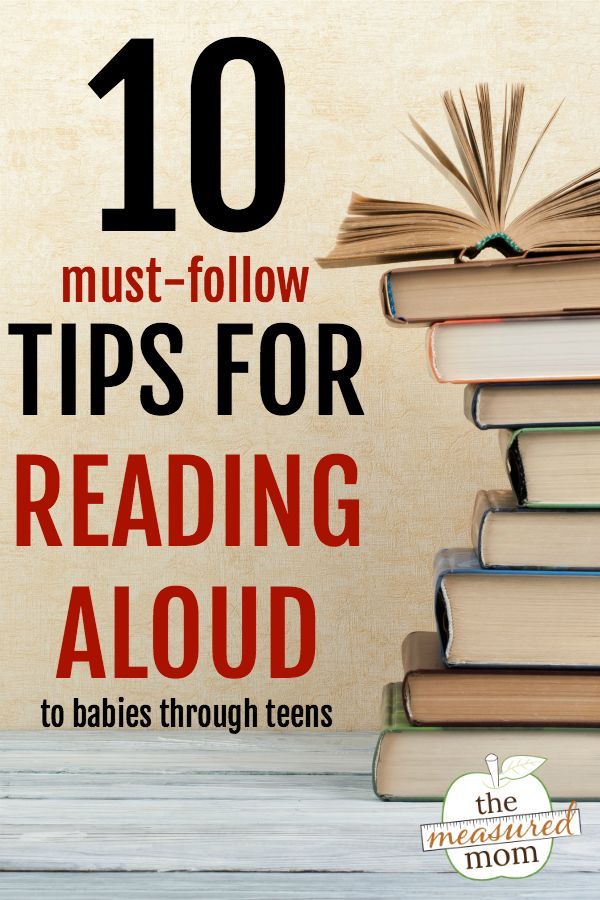
F
For much of history, reading was a fairly noisy activity. On clay tablets written in ancient Iraq and Syria some 4,000 years ago, the commonly used words for “to read” literally meant “to cry out” or “to listen”. “I am sending a very urgent message,” says one letter from this period. “Listen to this tablet. If it is appropriate, have the king listen to it.”
Only occasionally, a different technique was mentioned: to “see” a tablet – to read it silently.
Today, silent reading is the norm. The majority of us bottle the words in our heads as if sitting in the hushed confines of a library. Reading out loud is largely reserved for bedtime stories and performances.
But a growing body of research suggests that we may be missing out by reading only with the voices inside our minds. The ancient art of reading aloud has a number of benefits for adults, from helping improve our memories and understand complex texts, to strengthening emotional bonds between people. And far from being a rare or bygone activity, it is still surprisingly common in modern life. Many of us intuitively use it as a convenient tool for making sense of the written word, and are just not aware of it.
And far from being a rare or bygone activity, it is still surprisingly common in modern life. Many of us intuitively use it as a convenient tool for making sense of the written word, and are just not aware of it.
Colin MacLeod, a psychologist at the University of Waterloo in Canada, has extensively researched the impact of reading aloud on memory. He and his collaborators have shown that people consistently remember words and texts better if they read them aloud than if they read them silently. This memory-boosting effect of reading aloud is particularly strong in children, but it works for older people, too. “It’s beneficial throughout the age range,” he says.
Reading aloud is often encouraged in school classrooms, but most adults tend to do most of their reading silently (Credit: Alamy)
MacLeod has named this phenomenon the “production effect”. It means that producing written words – that’s to say, reading them out loud – improves our memory of them.
The production effect has been replicated in numerous studies spanning more than a decade. In one study in Australia, a group of seven-to-10-year-olds were presented with a list of words and asked to read some silently, and others aloud. Afterwards, they correctly recognised 87% of the words they’d read aloud, but only 70% of the silent ones.
In one study in Australia, a group of seven-to-10-year-olds were presented with a list of words and asked to read some silently, and others aloud. Afterwards, they correctly recognised 87% of the words they’d read aloud, but only 70% of the silent ones.
In another study, adults aged 67 to 88 were given the same task – reading words either silently or aloud – before then writing down all those they could remember. They were able to recall 27% of the words they had read aloud, but only 10% of those they’d read silently. When asked which ones they recognised, they were able to correctly identify 80% of the words they had read aloud, but only 60% of the silent ones. MacLeod and his team have found the effect can last up to a week after the reading task.
You might also like:
- Can you read at superhuman speeds?
- How your language limits your senses
- Why reading fiction might make you a better person
Even just silently mouthing the words makes them more memorable, though to a lesser extent.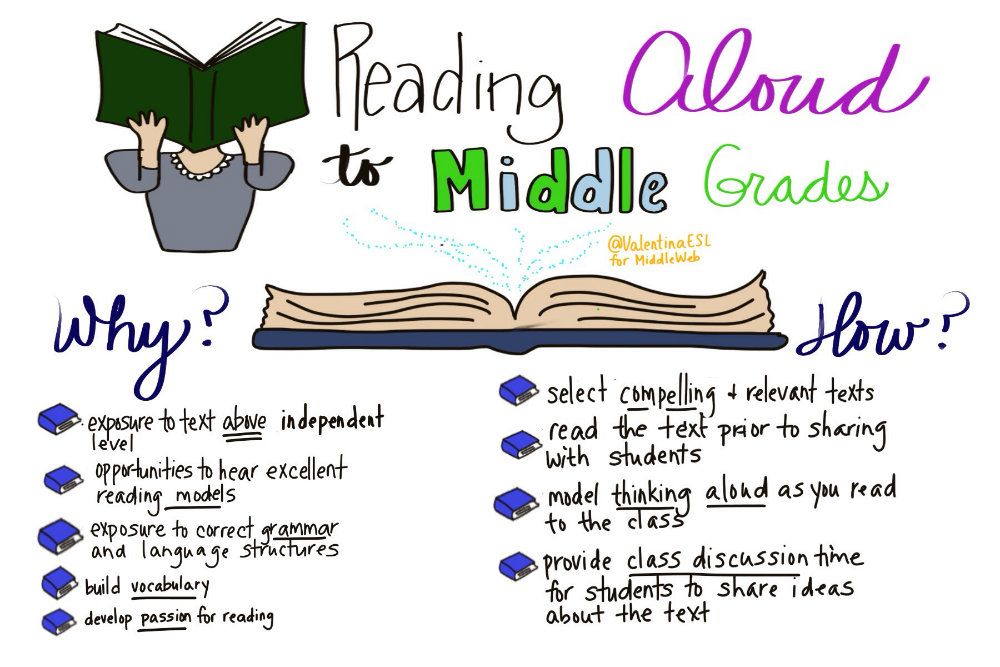 Researchers at Ariel University in the occupied West Bank discovered that the memory-enhancing effect also works if the readers have speech difficulties, and cannot fully articulate the words they read aloud.
Researchers at Ariel University in the occupied West Bank discovered that the memory-enhancing effect also works if the readers have speech difficulties, and cannot fully articulate the words they read aloud.
MacLeod says one reason why people remember the spoken words is that “they stand out, they’re distinctive, because they were done aloud, and this gives you an additional basis for memory”.
We are generally better at recalling distinct, unusual events, and also, events that require active involvement. For instance, generating a word in response to a question makes it more memorable, a phenomenon known as the generation effect. Similarly, if someone prompts you with the clue “a tiny infant, sleeps in a cradle, begins with b”, and you answer baby, you’re going to remember it better than if you simply read it, MacLeod says.
Another way of making words stick is to enact them, for instance by bouncing a ball (or imagining bouncing a ball) while saying “bounce a ball”. This is called the enactment effect. Both of these effects are closely related to the production effect: they allow our memory to associate the word with a distinct event, and thereby make it easier to retrieve later.
Both of these effects are closely related to the production effect: they allow our memory to associate the word with a distinct event, and thereby make it easier to retrieve later.
The production effect is strongest if we read aloud ourselves. But listening to someone else read can benefit memory in other ways. In a study led by researchers at the University of Perugia in Italy, students read extracts from novels to a group of elderly people with dementia over a total of 60 sessions. The listeners performed better in memory tests after the sessions than before, possibly because the stories made them draw on their own memories and imagination, and helped them sort past experiences into sequences. “It seems that actively listening to a story leads to more intense and deeper information processing,” the researchers concluded.
Many religious texts and prayers are recited out loud as a way of underlining their importance (Credit: Alamy)
Reading aloud can also make certain memory problems more obvious, and could be helpful in detecting such issues early on. In one study, people with early Alzheimer’s disease were found to be more likely than others to make certain errors when reading aloud.
In one study, people with early Alzheimer’s disease were found to be more likely than others to make certain errors when reading aloud.
There is some evidence that many of us are intuitively aware of the benefits of reading aloud, and use the technique more than we might realise.
Sam Duncan, an adult literacy researcher at University College London, conducted a two-year study of more than 500 people all over Britain during 2017-2019 to find out if, when and how they read aloud. Often, her participants would start out by saying they didn’t read aloud – but then realised that actually, they did.
“Adult reading aloud is widespread,” she says. “It’s not something we only do with children, or something that only happened in the past.”
Some said they read out funny emails or messages to entertain others. Others read aloud prayers and blessings for spiritual reasons. Writers and translators read drafts to themselves to hear the rhythm and flow. People also read aloud to make sense of recipes, contracts and densely written texts.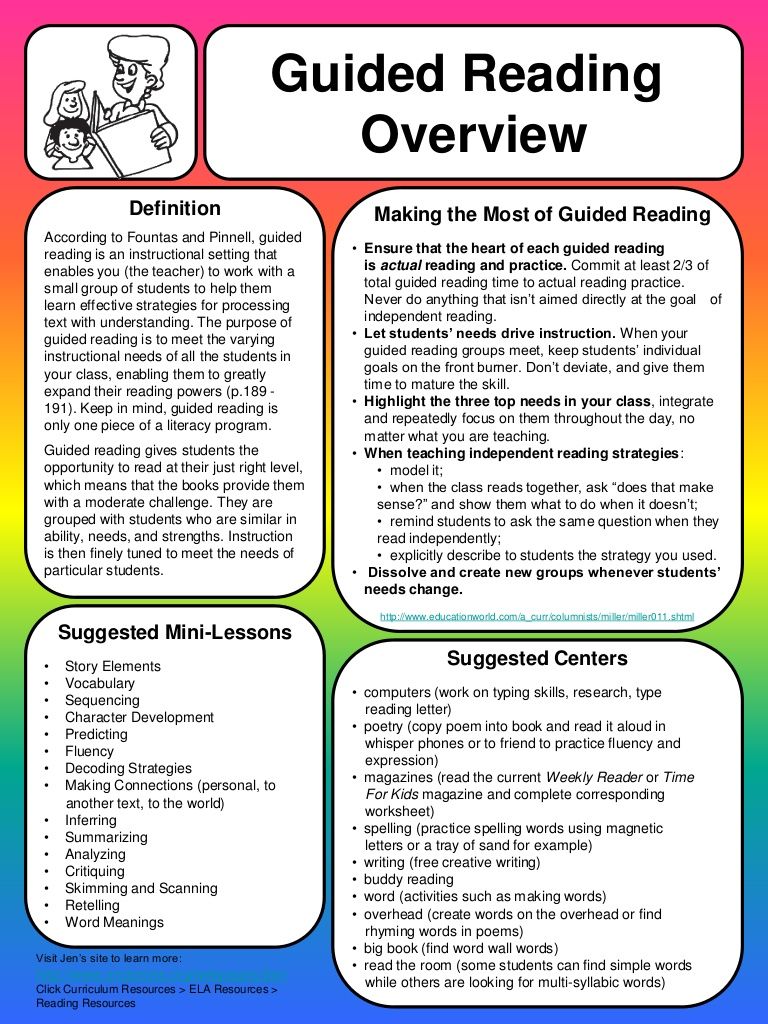
“Some find it helps them unpack complicated, difficult texts, whether it’s legal, academic, or Ikea-style instructions,” Duncan says. “Maybe it’s about slowing down, saying it and hearing it.”
For many respondents, reading aloud brought joy, comfort and a sense of belonging. Some read to friends who were sick or dying, as “a way of escaping together somewhere”, Duncan says. One woman recalled her mother reading poems to her, and talking to her, in Welsh. After her mother died, the woman began reading Welsh poetry aloud to recreate those shared moments. A Tamil speaker living in London said he read Christian texts in Tamil to his wife. On Shetland, a poet read aloud poetry in the local dialect to herself and others.
“There were participants who talked about how when someone is reading aloud to you, you feel a bit like you’re given a gift of their time, of their attention, of their voice,” Duncan recalls. “We see this in the reading to children, that sense of closeness and bonding, but I don’t think we talk about it as much with adults.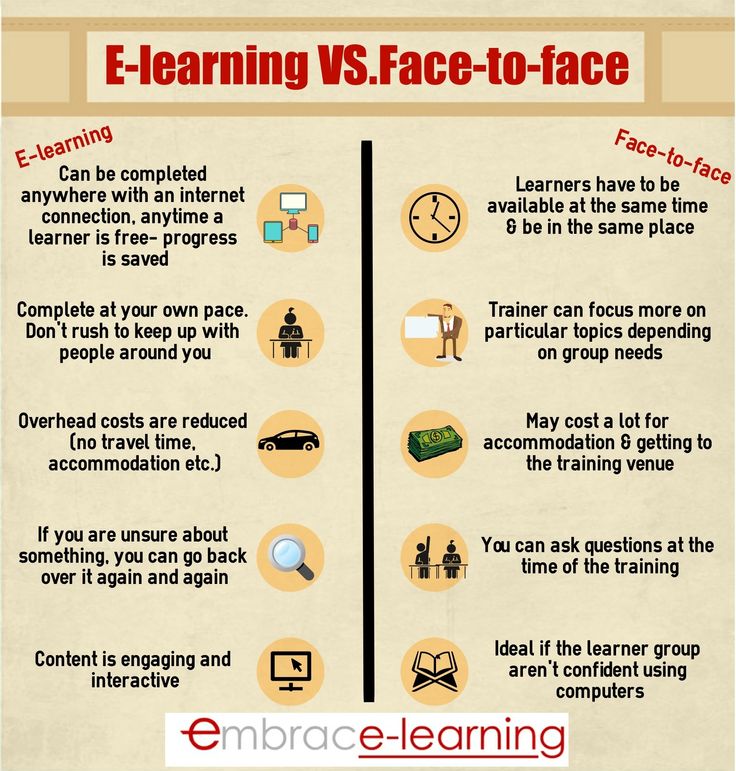 ”
”
If reading aloud delivers such benefits, why did humans ever switch to silent reading? One clue may lie in those clay tablets from the ancient Near East, written by professional scribes in a script called cuneiform.
Many of us read aloud far more often in our daily lives than we perhaps realise (Credit: Alamy)
Over time, the scribes developed an ever faster and more efficient way of writing this script. Such fast scribbling has a crucial advantage, according to Karenleigh Overmann, a cognitive archaeologist at the University of Bergen, Norway who studies how writing affected human brains and behaviour in the past. “It keeps up with the speed of thought much better,” she says.
Reading aloud, on the other hand, is relatively slow due to the extra step of producing a sound.
“The ability to read silently, while confined to highly proficient scribes, would have had distinct advantages, especially, speed,” says Overmann. “Reading aloud is a behaviour that would slow down your ability to read quickly.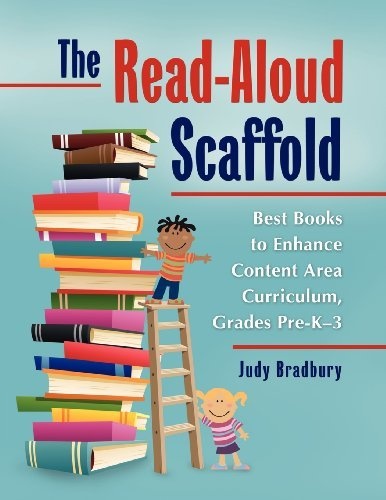 ”
”
In his book on ancient literacy, Reading and Writing in Babylon, the French assyriologist Dominique Charpin quotes a letter by a scribe called Hulalum that hints at silent reading in a hurry. Apparently, Hulalum switched between “seeing” (ie, silent reading) and “saying/listening” (loud reading), depending on the situation. In his letter, he writes that he cracked open a clay envelope – Mesopotamian tablets came encased inside a thin casing of clay to prevent prying eyes from reading them – thinking it contained a tablet for the king.
“I saw that it was written to [someone else] and therefore did not have the king listen to it,” writes Hulalum.
Perhaps the ancient scribes, just like us today, enjoyed having two reading modes at their disposal: one fast, convenient, silent and personal; the other slower, noisier, and at times more memorable.
In a time when our interactions with others and the barrage of information we take in are all too transient, perhaps it is worth making a bit more time for reading out loud. Perhaps you even gave it a try with this article, and enjoyed hearing it in your own voice?
Perhaps you even gave it a try with this article, and enjoyed hearing it in your own voice?
Correction: An earlier version of this article identified Ariel University as being in Israel, when it is in occupied territory in the West Bank. We regret the error.
--
Join one million Future fans by liking us on Facebook, or follow us on Twitter or Instagram.
If you liked this story, sign up for the weekly bbc.com features newsletter, called “The Essential List”. A handpicked selection of stories from BBC Future, Culture, Worklife, and Travel, delivered to your inbox every Friday.
Why is it more useful to read aloud than to read silently? - Education on vc.ru
Each of us knows perfectly well that the habit of reading books pumps a person on all fronts, but at the same time, one must understand well that reading can be different. For example, fluent and inattentive, for example, when you are eating in a subway car, or thoughtful and artistic, when you are in comfortable conditions and say the lines of the characters of the story aloud.
For example, fluent and inattentive, for example, when you are eating in a subway car, or thoughtful and artistic, when you are in comfortable conditions and say the lines of the characters of the story aloud.
2824 views
It turns out that there is a big difference between these two types of reading, and the second category of literature lovers gets more from books than the first. It is clear that we do not always have the opportunity to gather an interested group of people around us and begin to recite poems from a book to her. However, from time to time, each of us simply needs to look for opportunities for such practice. nine0003
And yet, why is it useful to read, and why is it especially useful to read aloud?
1. Memory training
It should be noted right away that reading “to oneself” noticeably differs from reading aloud in many respects. For example, while reading aloud, we are much more focused on the material and are not distracted by extraneous stimuli.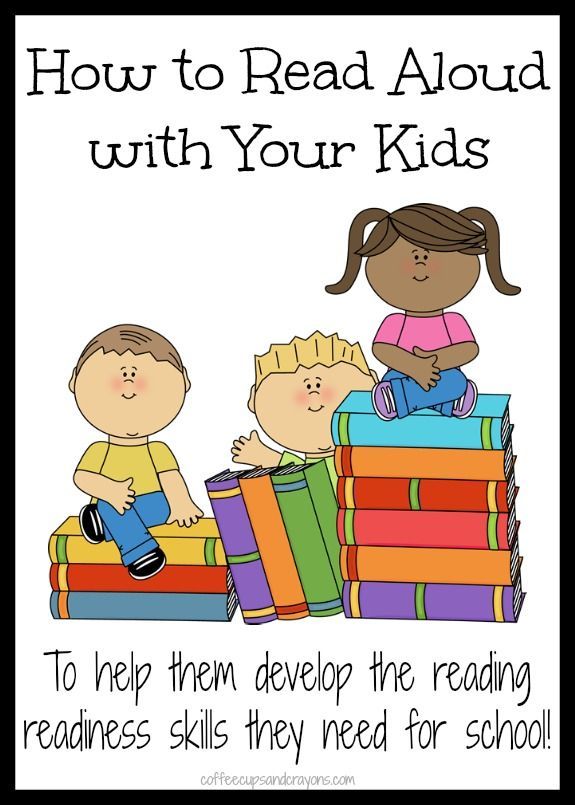
Thus, we are able to better absorb the material and memorize the plot subtleties of the work. Moreover, what is read aloud is processed by our brain three times. Firstly, he pays attention to visual information, secondly, he needs to cope with the auditory data stream and, thirdly, the so-called "muscle" information is taken into account based on the movements of the lips and tongue. nine0003
It is thanks to this method of obtaining information that we have a much greater chance of remembering and assimilating what we have read, because at this time three areas of the brain are involved at once - visual, auditory and motor cortex.
2. Vocabulary development
When we read to ourselves, we usually move through the material faster than when reading aloud. That is why we often ignore many incomprehensible words and expressions, not wanting to stop the process of absorbing information. nine0003
However, when we read aloud and we come across incomprehensible words, we not only have a need to find out their meaning and understand how they are pronounced, but also to explain them to the person who is listening to us (if there is one).
According to a 2015 study by researchers at the University of Montreal, people remember new words much better when they explain them to someone else. To do this, the researchers conducted an experiment with the memorization of words, in which students participated. nine0003
According to its results, young people who read new words to others remembered the information much better than those who read "to themselves" or even aloud.
3. Developing acting skills
To hone their professionalism, film and theater actors constantly read aloud. Thus, they work with the interpretation and presentation of the text, train intonations, voice timbre and non-verbal signs.
Any other person, be it a child, a teenager or an adult, should act in the same way, because this is how charisma is pumped, the ability to behave in public and influence other people. nine0003
In fact, a daily practice of 15 minutes is enough to start with, and after a couple of weeks you will feel tangible results. Your speech will change, and at the same time your self-confidence will be pumped.
Your speech will change, and at the same time your self-confidence will be pumped.
This is especially useful for those who regularly face public speaking, or simply often communicate with people on official duties.
4. Improving diction
A separate point here is the improvement of diction, which many people pay not so much attention to, but should be. For the development of speech, reading aloud is the most powerful tool, which at the same time is quite informative. nine0003
Good diction is useful in any situation where at least minimal social interaction is required - from trips to the state authority, where you need to explain yourself to intractable officials, to queuing at the store at the moment when you need to remind others about the need to maintain social distance.
5. Relieve stress
It turns out that reading books (especially aloud) helps a person cope with stressful situations and anxiety. What's more, reading aloud with another person can help relieve migraines and even back pain. This is evidenced by a study by scientists from the University of Liverpool. nine0003
This is evidenced by a study by scientists from the University of Liverpool. nine0003
Through their observations, they found that reading books together helped to cope with chronic pain even better than the cognitive behavioral therapy that is so popular these days.
To do this, the researchers conducted an experiment in which people with pain got together weekly by 10-12 people to read and think about how what they read related to their experience.
Through this practice, they managed to distract themselves, recall pleasant memories and learn to deal with their emotions. nine0003
6. The practice of imaginative thinking
Reading books causes our brain to be active in the moments when there is a description of visual images and, in general, certain actions. This process helps us imagine what these events would actually look like.
In other words, reading books makes us pump our imagination, creating new images. Moreover, the more stimulating environment is created for this, the more actively the brain is involved in the practice. In this case, we can name a stimulating environment a cozy quiet place and the process of reading aloud, forcing you to fully immerse yourself in the story. nine0003
In this case, we can name a stimulating environment a cozy quiet place and the process of reading aloud, forcing you to fully immerse yourself in the story. nine0003
7. Empathy
Reading aloud not only makes us visualize information and improve our speech, but also awakens real emotions in us. Reading about this or that story, we involuntarily identify ourselves with the main characters of the work, or we follow their fate with involvement from the outside. We wake up empathy, compassion, understanding and other feelings that are characteristic of a thinking and sympathetic person.
Researchers from the University of Cambridge found that fiction helps young people to show empathy and understanding to others by analyzing their motives and actions. nine0003
Reading is great for pumping emotional intelligence, which is so valued in the modern world, and develops many other skills. Reading is helpful! The main thing is to read those authors, those genres that arouse your keen interest, then reading will definitely become only a pleasure for you!
Or how reading aloud affects the human body - "Ingushetia" - online newspaper
So thought the great Russian classic Leo Tolstoy, who often held open readings in the family circle, and after that he liked to discuss about what he read. “All those gathered (including the guests of the estate) listened with interest and listened to the power of the word, because how nice it is when reading is a pleasure!” he admiringly made entries in his diary. nine0003
“All those gathered (including the guests of the estate) listened with interest and listened to the power of the word, because how nice it is when reading is a pleasure!” he admiringly made entries in his diary. nine0003
Probably everyone remembers how, in childhood, mother or grandmother told us that we should read aloud. So it is better and faster to remember, they thought. But they were right. Scientists have proven that it is with such reading that information is absorbed and remembered much faster.
Reading aloud is one of the types of reading in which you can work on the expressiveness of the voice, intonation, and reading technique. This type of reading allows you to easily and accurately express thoughts. It also helps to increase eloquence, improve diction, emotional coloring, brightness, correctness of speech. Thus, reading aloud allows you to get rid of tongue-tied tongue, hesitations, slips of the tongue, parasitic words, and other speech shortcomings. nine0003
Philologists and medical linguists will easily give a hundred and one reasons for reading books, but it is reading aloud that they will call the most useful and enjoyable pastime. Therefore, for such a useful activity, they came up with a special holiday, which this year was celebrated on March 3, but this date will last not one day, but a whole month. To celebrate it, you do not need to prepare special treats, make costumes or invent decorations. It can be celebrated at home, in a cafe, in a park, in a traffic jam, and even on a desert island. All that is needed is a book or any notorious text that will need to be read aloud, even if no one is around. nine0003
Therefore, for such a useful activity, they came up with a special holiday, which this year was celebrated on March 3, but this date will last not one day, but a whole month. To celebrate it, you do not need to prepare special treats, make costumes or invent decorations. It can be celebrated at home, in a cafe, in a park, in a traffic jam, and even on a desert island. All that is needed is a book or any notorious text that will need to be read aloud, even if no one is around. nine0003
So, let's assume that we already know that it is impossible to imagine our life without reading. But which of these ways of reading: aloud, silently or speed reading - is most useful for individual growth, because they say that reading is different from reading. Let's try to understand this issue and give the comments of several experts working in this direction.
Specialists in the field of educational medicine say that in the process of studying material aloud, three types of memory work. The first is visual memory. A person runs through the material with his eyes, remembers what his eyes see. The second type is called speech memory. A person remembers what his lips say. The third type is auditory memory. The ears hear what is said by the mouth, and the heard speech, in combination with other types of memory, is absorbed much better. nine0081 Using all three types of memory, students are able to assimilate voluminous and complex material, while not just memorizing it, but really understanding it. It has been scientifically proven that information read aloud is better absorbed, so teachers in educational institutions often ask their students to read aloud, especially in cases where they do not understand or cannot understand something. Also, reading aloud increases the ability to communicate and develops erudition. This type of reading helps a person become more self-confident. nine0003
A person runs through the material with his eyes, remembers what his eyes see. The second type is called speech memory. A person remembers what his lips say. The third type is auditory memory. The ears hear what is said by the mouth, and the heard speech, in combination with other types of memory, is absorbed much better. nine0081 Using all three types of memory, students are able to assimilate voluminous and complex material, while not just memorizing it, but really understanding it. It has been scientifically proven that information read aloud is better absorbed, so teachers in educational institutions often ask their students to read aloud, especially in cases where they do not understand or cannot understand something. Also, reading aloud increases the ability to communicate and develops erudition. This type of reading helps a person become more self-confident. nine0003
According to Roza Tomova, deputy director of the Dzheirakh school, throughout March, the focus will be on the word and the book in the schools of the republic. The organizers of the socio-cultural action "International Reading Aloud Month" consider the demonstration of showing reading aloud as a way of interacting with the outside world and as an opportunity to convey one's emotions to another person along with the sounding word as the main goal of the work.
The organizers of the socio-cultural action "International Reading Aloud Month" consider the demonstration of showing reading aloud as a way of interacting with the outside world and as an opportunity to convey one's emotions to another person along with the sounding word as the main goal of the work.
“Of course, you can read a magazine or a newspaper, the latest news from the Internet or popular posts from social networks, but the best thing is a good book,” says Roza Muharbekovna confidently. - It can be science fiction or a detective story, a novel or a fairy tale - choose what you like. You can read to yourself, not embarrassed to express feelings and not being afraid to stumble, but rather with the whole class, passing the baton to each other, sharing your favorite characters and experiences with classmates. nine0003
As it turned out, adults and children are not at all averse to listening when they are read aloud, especially if these are funny poems, instructive fables, excerpts from classical prose.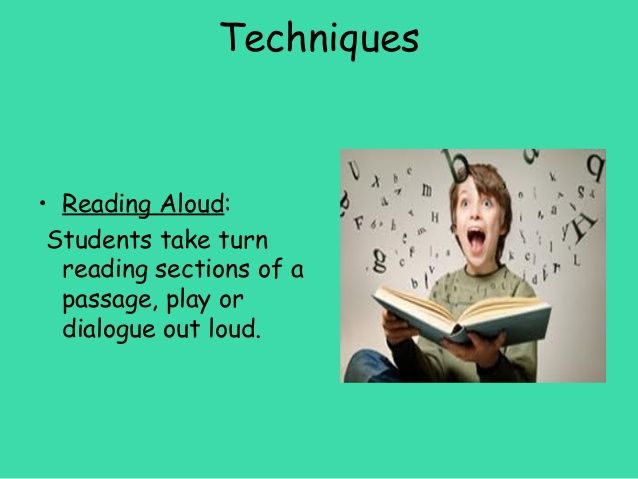 Therefore, teachers in the schools of the republic pay special attention to this month and try to read aloud in all classes. Moreover, for reading aloud, they choose the most relevant, life-affirming works.
Therefore, teachers in the schools of the republic pay special attention to this month and try to read aloud in all classes. Moreover, for reading aloud, they choose the most relevant, life-affirming works.
“For example, for first-graders of our school, we conducted lessons under one general title “It happens in childhood - fairy tales come to life there,” says Roza Muharbekovna. “The children took turns reading their favorite fairy tales and attentively listening to touching stories about how good triumphs over evil. In the second grades, loud readings “The work of the master is afraid” were held, dedicated to professions. In the senior classes, the students read the famous works of the Ingush classics, which left behind a rich creative heritage. At the same time, the guys felt a sense of pride in their fellow writers when they found out that the books of the Ingush masters of the pen were read not only in Russia, but also abroad. Summing up the high-profile readings, we realized that stories different in their mood and meaning - funny, sad, instructive - set the children in a positive mood and vivid emotions.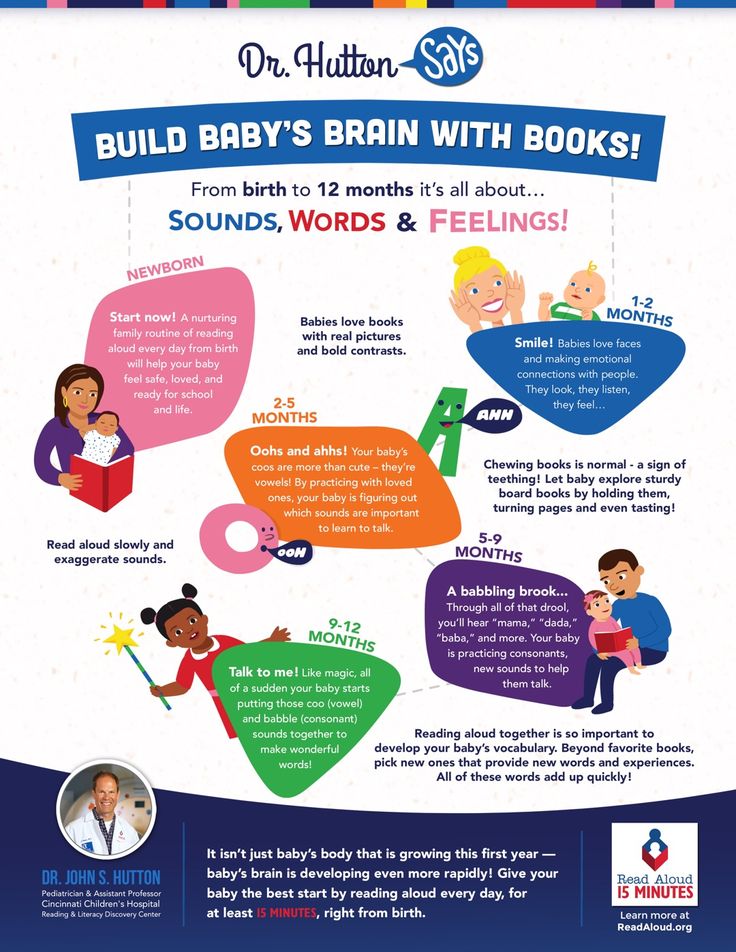 Therefore, I would like to advise everyone to read for themselves, to read to their children, and best of all, to read with their children!” nine0003
Therefore, I would like to advise everyone to read for themselves, to read to their children, and best of all, to read with their children!” nine0003
As the Ministry of Education told us, the entire school curriculum of Russian educational institutions is designed to teach the rules of grammar and separate reading of words, and in order to effectively teach any skills or academic subjects, according to experts, it is necessary to be able to read aloud with high quality. Humanity has not yet come up with anything more useful for the development and prevention of brain degradation.
According to Roza Muharbekovna, any lessons should be limited to cramming and teach children to read expressively and aloud, in a different manner, at different volumes, as if making duplicates. nine0003
“For complete clarity, all unfamiliar and incomprehensible words should be looked up in an explanatory dictionary, spelled out and read aloud their interpretation,” she says. “Moreover, you need to learn how to work with a dictionary and various encyclopedic literature from the moment when the child learns to read.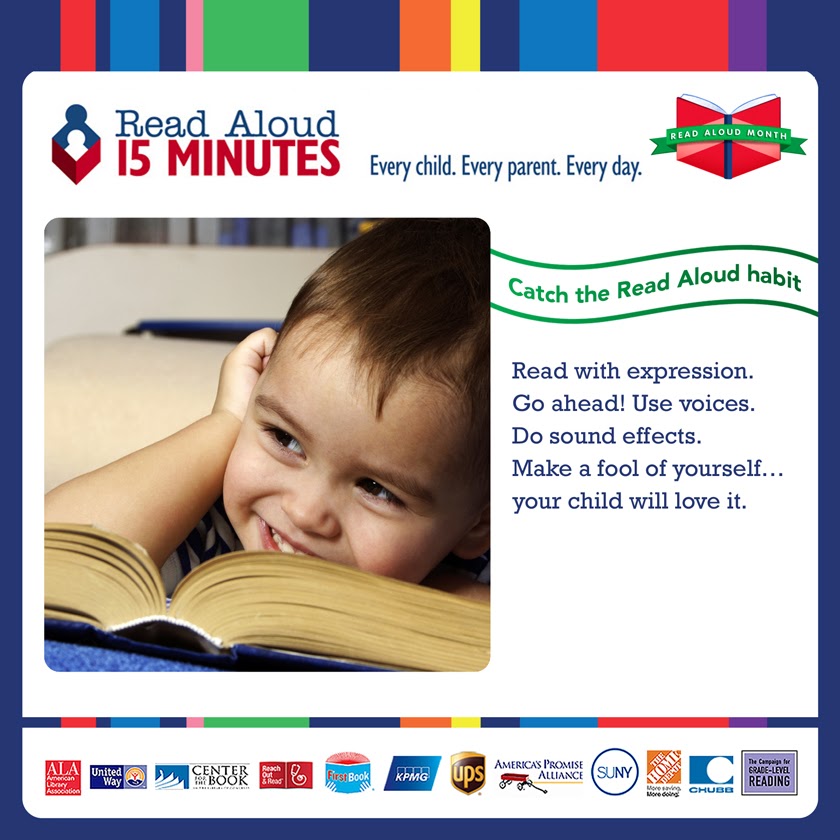 ”
”
How to read aloud correctly? With this question, we turned to one of the representatives of the young generation of teachers, Amina Murzabekova, who teaches at the Plievskaya rural school and is engaged in tutoring. nine0003
“First, slowly, at an optimal conversational pace, about 120 words per minute. Secondly, clearly pronouncing the words. Thirdly, expressively and with arrangement (with accents and pauses). Fourthly, artistically voicing the direct speech of the characters, endowing them with a certain character, ”the teacher concluded.
Amina Khadzhiumarovna also noted that it is very important to pronounce the text not in a reading tone, but as if you are expressing your own thoughts. “Reading aloud is not about ‘reading’ but about ‘telling’,” she explained. nine0003
What to read? Answering this question, our interlocutor focused on lyrical poems, novels, articles, stories and fairy tales for children.
“But it is better to choose those works that, from your point of view, are beautifully presented, contain a rich vocabulary and useful information.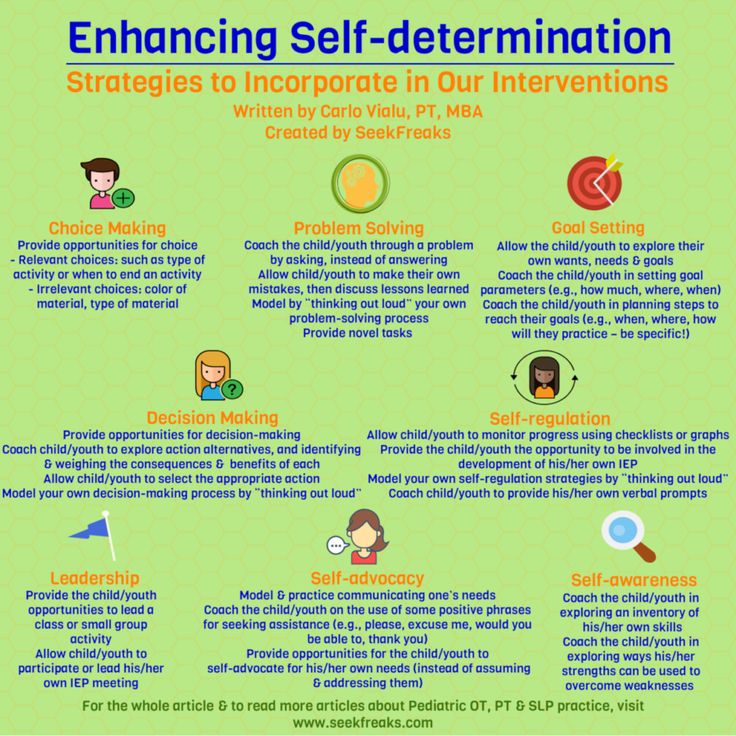 And the more the better. Optimal - half an hour a day, then literally in a month you will see obvious results - rough speech will become smoother, and you will easily select the right words to express your brilliant ideas, ”she said. nine0003
And the more the better. Optimal - half an hour a day, then literally in a month you will see obvious results - rough speech will become smoother, and you will easily select the right words to express your brilliant ideas, ”she said. nine0003
Of course, oral reading develops speech. But only in the process of reading aloud does the child hear and listen to himself, which allows him to memorize new words and turns of speech. He understands how to pronounce this or that word, where to put the speech stress and with what other words it can be used.
The fact is that in the process of reading out loud, the teacher can always stop the child and correct him if he pronounces a word incorrectly. You can also discuss the meaning of what you read after you finish reading. Thus, the child will learn to understand the text. This skill will be useful to him in absolutely any job. These abilities will also be useful to an adult. nine0003
By the way, television and radio workers, especially announcers, say that it is very useful to record readable text on a voice recorder.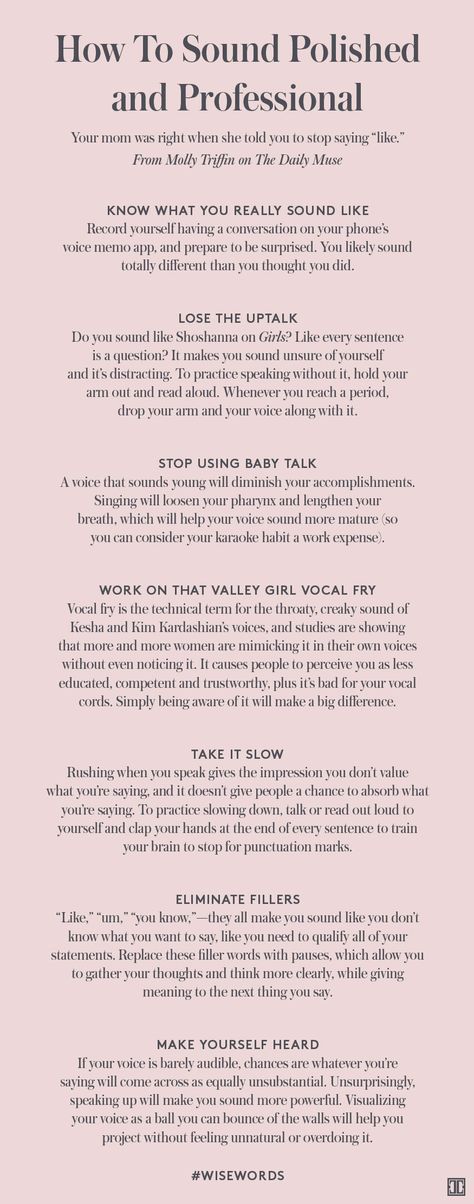 Subsequent listening to it helps to notice some of the nuances of speech from the outside - both advantages and disadvantages that a person usually does not notice in the process of reading. Such feedback allows you to correct speech and improve its quality.
Subsequent listening to it helps to notice some of the nuances of speech from the outside - both advantages and disadvantages that a person usually does not notice in the process of reading. Such feedback allows you to correct speech and improve its quality.
Psychologists believe that reading is the main process that contributes to the formation of personality at all stages. From the cradle, when a child hears the voices of parents reading aloud to him, and in adulthood, when a person overcomes various crises and grows spiritually. nine0003
From an evolutionary point of view, the ability to read is a clear addition to the already existing structures of the brain. It turns out that most of the higher areas of the brain are involved in reading. So, reading can be considered as the best exercise for keeping the brain “in shape”.
It has long been proven in the laboratories of the World Health Organization that the brain of a person who can read works in a markedly more complex way than the brain of an illiterate person.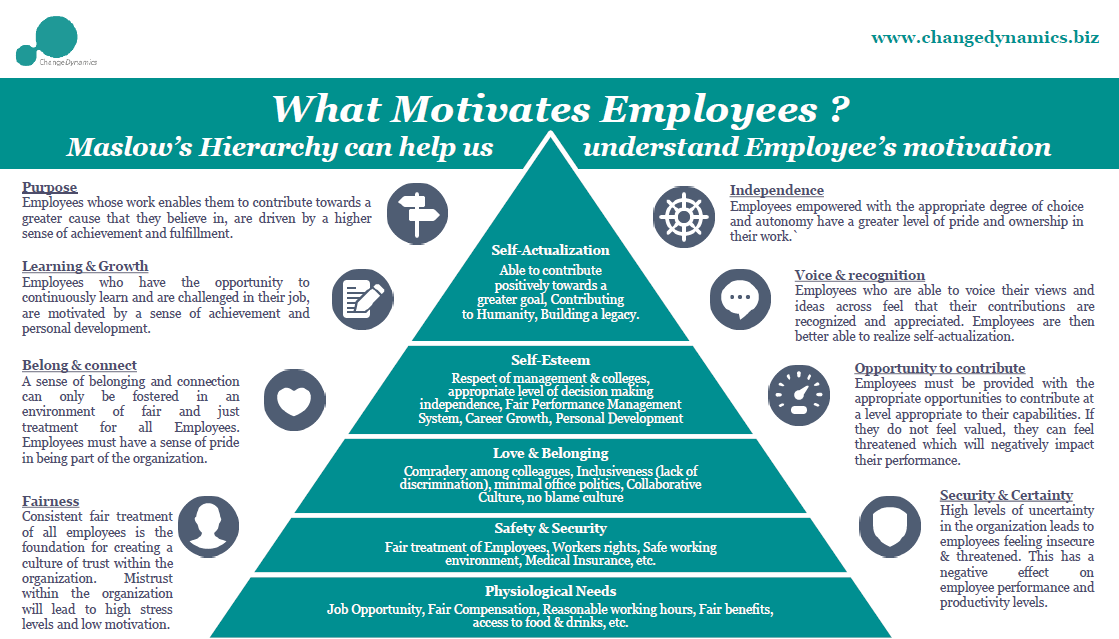 Moreover, the brain of a person who practiced reading in childhood is better able to activate all its resources than the brain of a person who learned to read and write as an adult. nine0003
Moreover, the brain of a person who practiced reading in childhood is better able to activate all its resources than the brain of a person who learned to read and write as an adult. nine0003
If, when reading to yourself, the main part of the information is perceived by the brain as "garbage", unnecessary and quickly erased or stored in places inaccessible for reproduction, then loud reading makes it possible to master the skill of easy and accurate expression of thoughts, "provokes" a constant increase in vocabulary , mastering good intonation and correctness of speech.
Thus, we can safely say that reading is one of the best exercises that allows you to keep the whole brain in shape. This is all the more important, given that such competitors to reading as “educational” computer games have shown themselves to be very dubious “trainers for the mind”. nine0003
In order to understand why it is so important to read aloud from a medical point of view, we turned to a doctor who practices diseases of the speech apparatus.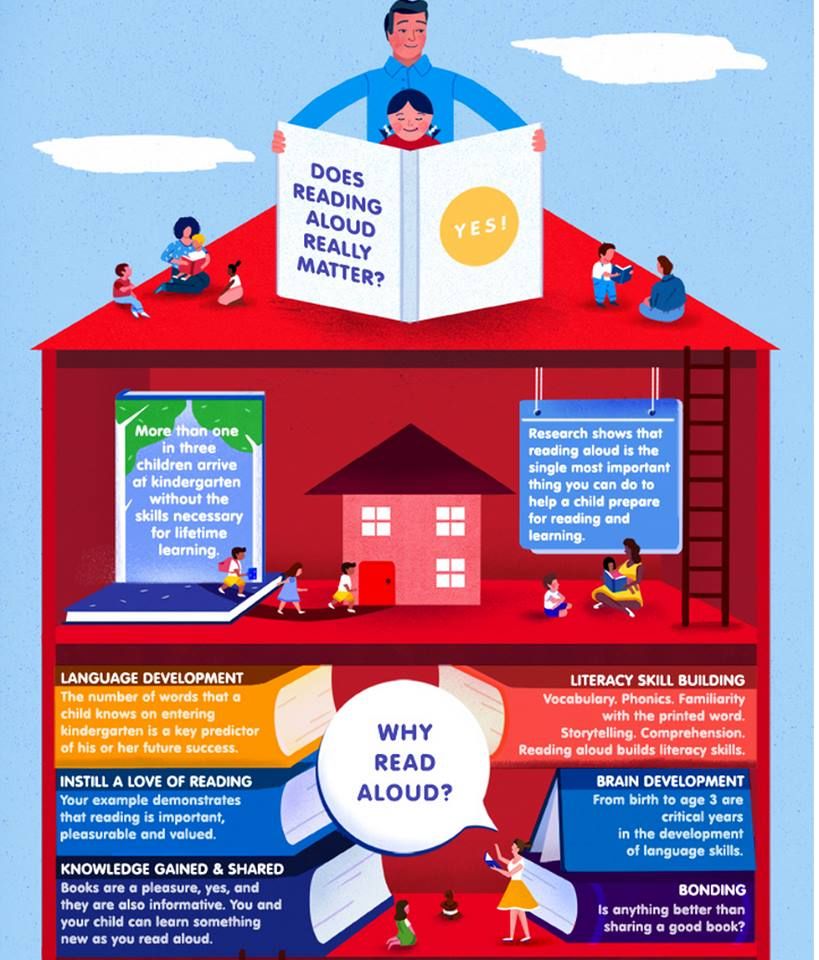 Amirkhan Gostemirov, an ENT doctor with extensive experience, noted that reading aloud is one of the best exercises for treating complex pathologies of the maxillofacial region.
Amirkhan Gostemirov, an ENT doctor with extensive experience, noted that reading aloud is one of the best exercises for treating complex pathologies of the maxillofacial region.
“This is one of the few activities that activate almost all parts of the brain at the same time, and the most budgetary tool for the prevention of neurosis, depression, memory impairment and even Alzheimer's disease,” said the doctor. - By practicing oratory, you will at the same time improve blood circulation in the vessels of the head, activate the most important nerve pathways and thereby ensure the smooth functioning of the brain for many years. I think it is not necessary to be a doctor to understand that when reading aloud, we not only develop correct speech, memory and enrich our vocabulary, but also normalize the work of the entire maxillofacial apparatus. But, as you know, in the conditions of the modern rhythm of life, there is practically no time left for reading aloud, but this is a very useful activity! Suffice it to say that even children to whom parents read books aloud from an early age, speak better, write more competently and absorb information faster.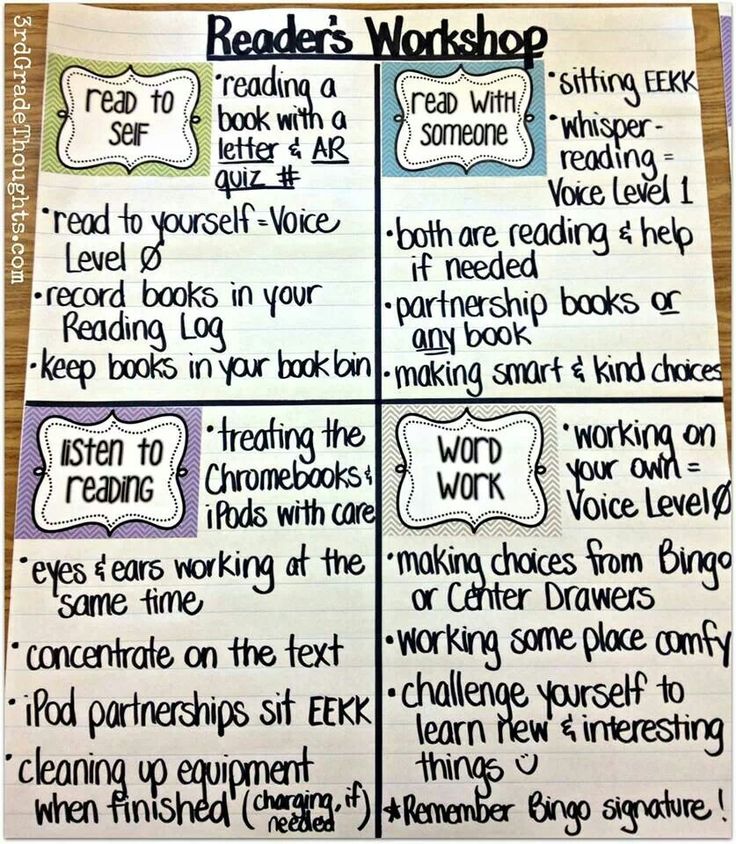 nine0003
nine0003
Will "loud" reading help get rid of accents or severe speech impediments? We asked this question to the highest category general practitioner Toma Tsoloeva, who answered that, of course, this is so.
“Reading is the most powerful tool for correcting speech defects such as burr, stuttering, deep voice, regional or foreign accent,” Dr. “And by the way, reading aloud is the best way to fall asleep if you have mild insomnia. Your own monotonous speech lulls you better than any melodic tunes from outside. Just keep in mind that not all literature is suitable for reading at night: these should be such works of a lyrical nature that can have an emotionally calming effect. Essays are perfect, poetry, of course. Stories full of savory fantastic descriptions are going well. Occasionally - something philosophical, but concise. nine0003
As a result, we can say that the long-term practice of various projects shows that it is reading aloud that has a powerful synergistic effect on the interaction of different parts of the brain at the moment of reading aloud: the visual, auditory and motor parts work simultaneously.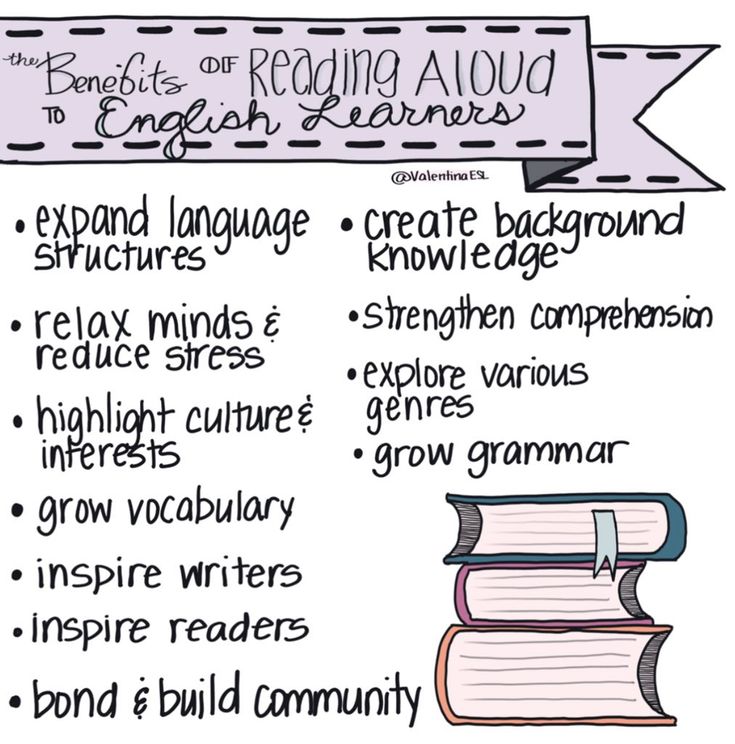 The more diverse sources of information, the faster and more accurately the details are remembered. General conclusion: a constant reading exercise not only improves this very reading and broadens one's horizons, but also increases the efficiency of the brain in almost all areas of human activity. nine0003
The more diverse sources of information, the faster and more accurately the details are remembered. General conclusion: a constant reading exercise not only improves this very reading and broadens one's horizons, but also increases the efficiency of the brain in almost all areas of human activity. nine0003
It is believed that from birth, a child should be spoken to in their native language, expressively, dramatically and emotionally. And as he grows up, it is necessary to teach him to read aloud expressively as soon as possible. Definitely listen! Moreover, learning to read should begin at the age of three.
Every child begins learning to read by aloud trying to put syllables into words. This process may seem simple to us, but in fact it affects several parts of the brain and requires a lot of effort from preschoolers. To master the skill of reading, children have to learn to correlate printed and sounding words, train auditory and visual memory, and concentrate on the task at hand for much longer than they are used to.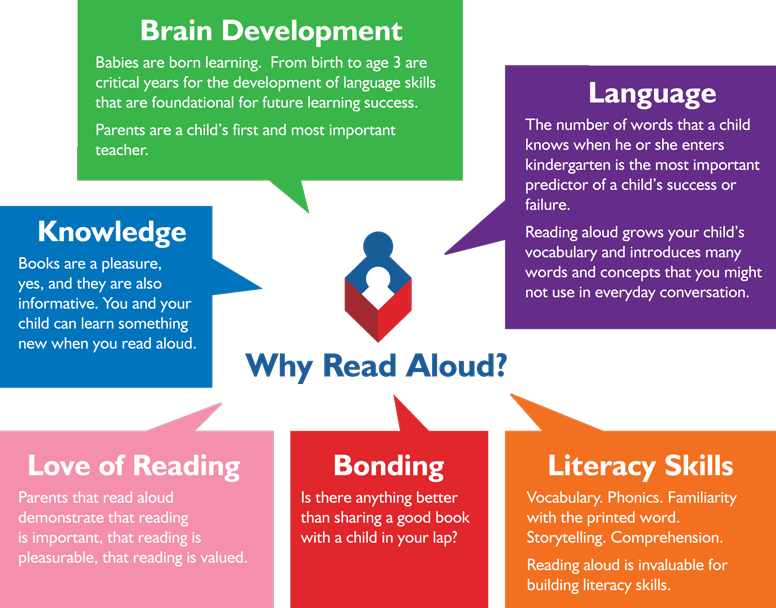 But if everything goes well and adults support them, and do not rush them, then changes in intellectual development gradually become noticeable: vocabulary increases and horizons expand, attention opportunities increase, speech sounds more fluent and correct, and the child himself begins to better understand and remember that what they say to him. nine0003
But if everything goes well and adults support them, and do not rush them, then changes in intellectual development gradually become noticeable: vocabulary increases and horizons expand, attention opportunities increase, speech sounds more fluent and correct, and the child himself begins to better understand and remember that what they say to him. nine0003
Properly selected books also contribute to the development of emotional intelligence. Worrying about their favorite characters, preschoolers and younger students get acquainted with the manifestations of various emotions and begin to notice them more often in themselves and others, which subsequently makes it easier for them to communicate with peers and relatives.
It would be good if at first the children had the opportunity to take turns reading with the rest of the family. In this way, they will learn not only to love books and read with expression, but also to listen carefully to other people. nine0003
Reading aloud helps parents instill in their children a love of books, discuss many important issues, and make family relationships warmer and more trusting. And although most often adults stop reading to children when they have already learned to do it on their own, most schoolchildren fondly recall this type of joint leisure.
And although most often adults stop reading to children when they have already learned to do it on their own, most schoolchildren fondly recall this type of joint leisure.
Thus, according to Russian researchers, more than 80% of high school students admitted that they loved or still love when people read to them. This suggests that such moments are very important for a child. Because this is his cherished time when he is alone with his parent. This is only their time, into which a call from work and no one else can break in. Just you and your baby. It is worth remembering that when you read your favorite fairy tale to a child, he feels your care and love. In addition, the baby will fall asleep faster. nine0003
However, modern mothers and fathers are so busy at work that when they come home, they often do not have the strength to read. A good option would be reading a child for you. If you are very tired, or maybe it was a hard day, the mood is completely spoiled, then ask your child to read his favorite fairy tale for you.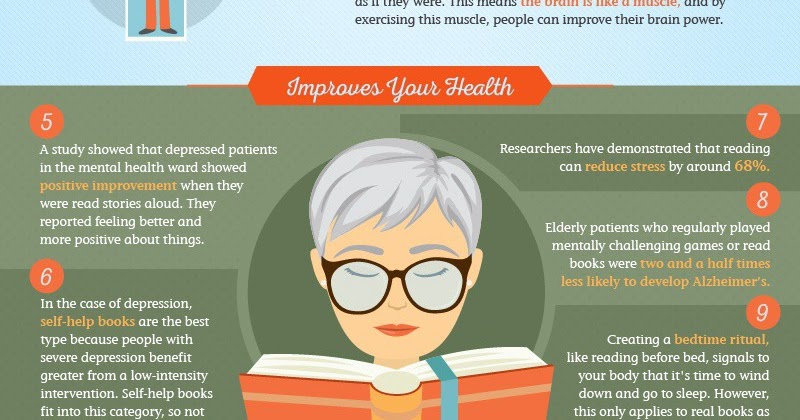 Believe me, it will be pleasant for both you and the child. And for him it will also be very useful.
Believe me, it will be pleasant for both you and the child. And for him it will also be very useful.
Meanwhile, reading aloud regularly is useful not only for children, but also for adults. And for each age, “loud” reading has its own advantages. This method of getting to know a good book allows you to feel every metaphor, every quirk of the author, every emotion. Suddenly you begin to understand how melodious and smooth speech turns out to be in books with good style. nine0003
A big plus of reading aloud is gesticulation. When reading to yourself, you are unlikely to try to gesticulate with your free hand, but when a person reads not to himself, the movement of the hand or facial expressions occur involuntarily. The hero grabs his head - and you yourself involuntarily put your hand on it. He speaks of someone with contempt - and the hand makes a dismissive gesture. All this happens spontaneously, and therefore sometimes it begins to seem that in the past, by reading quietly and sitting quietly, we were depriving ourselves of some important share of the pleasure of the book.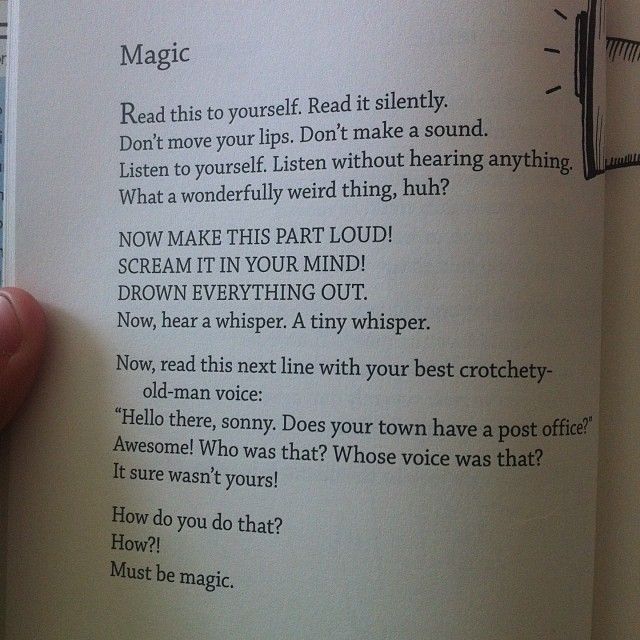 nine0003
nine0003
It is difficult to overestimate the benefits of reading for teenagers, because without reading it is impossible to form a harmonious person. Reading aloud at least sometimes, teenagers not only seriously improve their memory and thinking, but also broaden their horizons and develop other cognitive processes: they learn to love, evaluate actions, empathize, trace cause-and-effect relationships between any events, analyze actions, forgive, etc. The most effective reading of "adult" books, especially the works of Russian classics. nine0003
For many people, there is nothing better than sitting in their favorite rocking chair, picking up an interesting book and immersing themselves in reading, while moving away from all problems and worries, because reading is a great way to fill free time, instead of killing it mediocre . If you want to make your speech smoother and more expressive, then reading aloud should take at least half an hour a day. It is recommended to read slowly, pronouncing phrases and words well, expressively placing accents and pauses.


